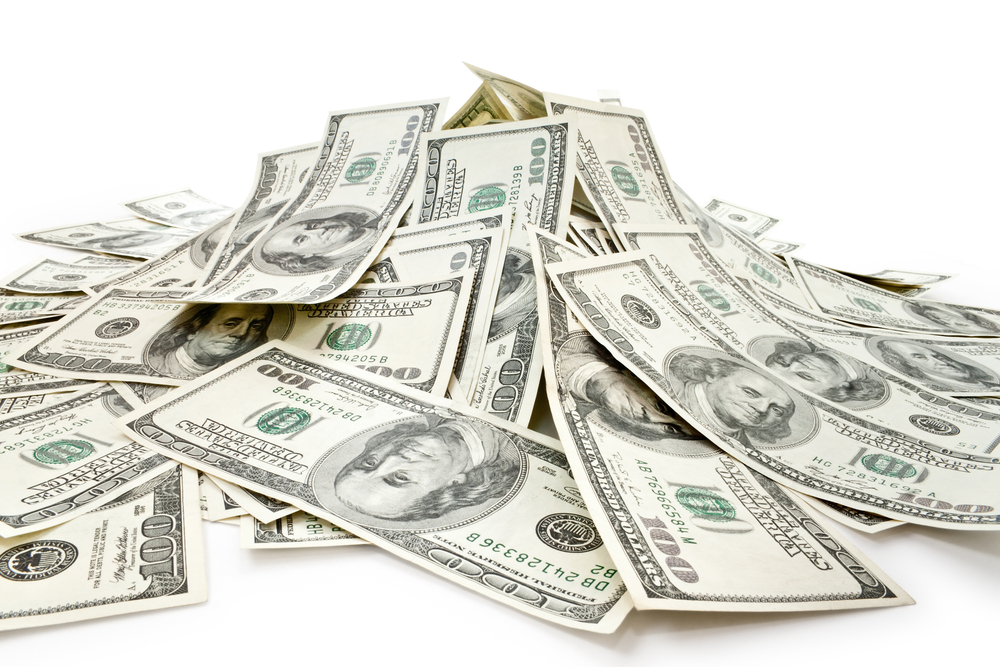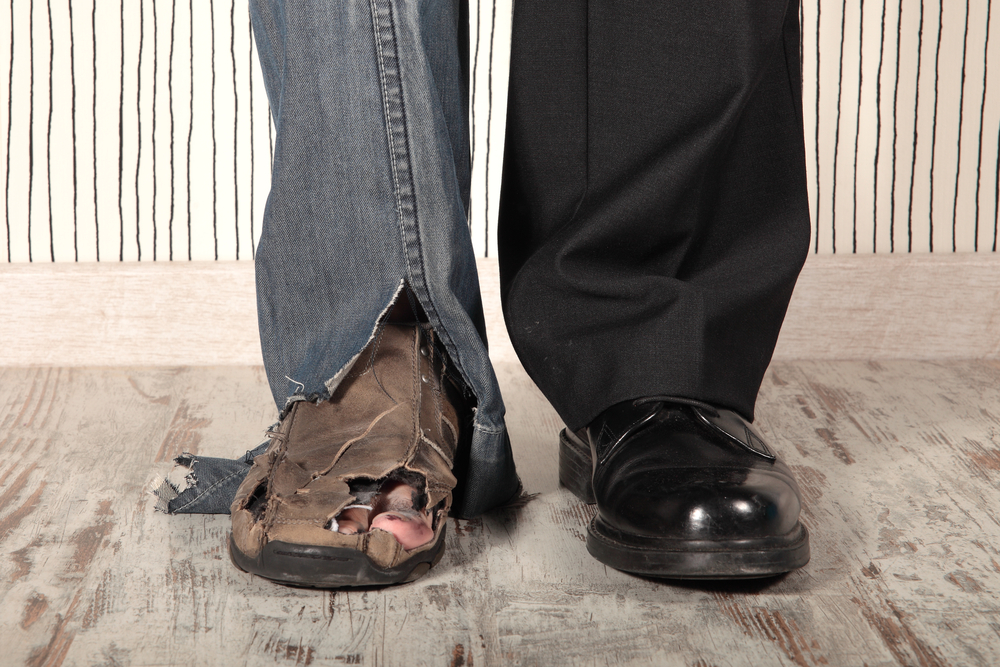The New Year is a festive occasion and hence celebrated around the world. But after those midnight fireworks, when the year actually begins, people start to recap all they achieved in the year prior and somehow end up feeling disappointed in themselves. This leads them to formulate overambitious resolutions for the new year, most of which are abandoned by the start of February.
But there is another type of guilt which the new year brings, and that is exclusively for the rich. As the world becomes increasingly critical of the wealthy, the rich started this year with guilt because of their excessive wealth. Although this phenomenon is not new, it does warrant further investigation.
The History of Feeling Guilty For Having A Lot of Money
There was a time when discussing how much money you had was considered the un-classy thing to do, but not after the 80s when technological advancement mandated show of wealth with superyachts and private jets that only the rich few could afford to own.
The wealthy around the world, especially those living in Russia and the Arab countries, wanted to get their hands on them because it gave a boost to the comfortable and luxurious lifestyle they already enjoyed.

As the world becomes increasingly critical of the wealthy, the rich started this year with guilt because of their excessive wealth.
Slowly, having money started to show. Being rich was no longer about how much you had stacked away in the bank, but how much you spent on luxurious commodities which only a few could afford. Throughout the 90s and the early 2000s, the rich around the world kept investing in luxuries, and we kept watching in utter amazement.
However, then the global financial crises of 2008 happened, and it was no longer enjoyable to see the rich spend so much money on unnecessary commodities. The income inequality became apparent, and since then people started to discuss the wealth of the rich more than ever before.
The Statistics Aren’t Helping
So far, the statistics haven’t helped in improving the image of the top 1% in front of the world. According to figures reported by Credit Suisse, 42.6% of global household wealth was held by the top 1% back in 2008 when the financial crises hit, and that figure has gone up to 47.2% by mid-2018.
Additionally, Oxfam, a charity working in Britain, reported that 2018 saw the riches of the wealthiest increase by 12% while simultaneously witnessing a decline of 11% in the wealth of the poorest half.

According to figures reported by Credit Suisse, 42.6% of global household wealth was held by the top 1% back in 2008 when the financial crises hit, and that figure has gone up to 47.2% by mid-2018.
The Oxfam report provided a bleak analysis with these figures as well. According to the report, these figures have come out as such because austerity measures, which countries around the world adopted to cope with the financial crises, favored the rich by only focusing on cutting down public expenditure on services which benefitted the poor.
This proved to create difficulties for the poor while the rich continued on with their lives largely unaffected by government policies.
Combine all of the above with the growing influence of social media, whereby the rich increasingly started to display their wealth around the world, and what we have is a growing resentment for the wealthy, which is exactly what left-wing politics in Europe is thriving on these days.
The Clash Around the World
The wealthy around the world are feeling on edge with this growing air of resentment. The political arena is now being defined by this argument. For example, in the UK, leaders like Jeremy Corbyn have based their party’s stance on acting against the interests of the rich in favor of policies that benefit the have-nots of society.

France witnessed protests along the same lines last year when fuel tax had been increased which hit the poorest of French society the most. As a precautionary measure, expensive cars were nowhere to be seen on the roads, fearing a backlash from the crowds.
A Changing Attitude
The trend has clearly shifted. Although people around the world continue to invest in luxury cars at an increasing rate, they will find it more difficult to feel comfortable driving around in those cars as the culture is now slowly shifting from aspiring wealth to greater wealth equality.
This is why the rich who are spending on the poor are being increasingly praised, and those not spending luxurious even more so.

